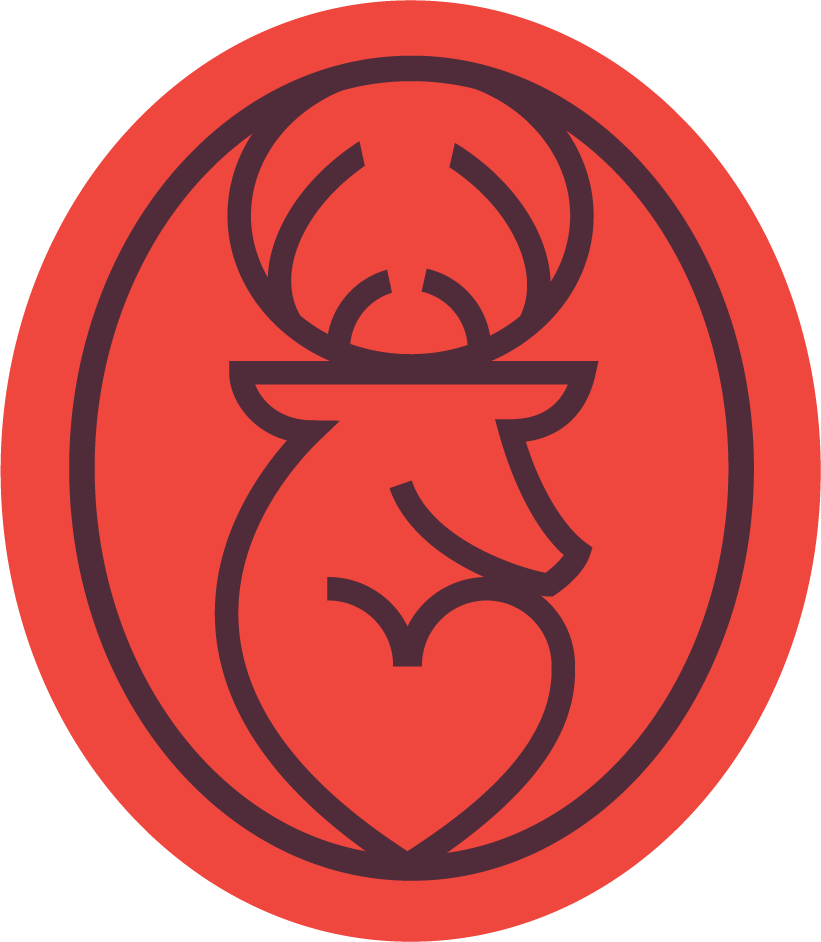Doctors Seeking Fulfillment: It’s Starts Within
There is an inherent myth in the phrase “work-life balance”. The phrase conjures up the image of a scale: work on one side, the rest of life on the other, an hour-for-hour balance. By asking “Do you have work-life balance?” there’s an implication that you should have it. The question can feel like an indictment, one more thing to achieve, according to Jude Bornstein-Chau, MD, and another pursuit to fail. Even when it is achieved (by creating passive income streams or partial retirement, for examples), it is NOT the key to contentment.
Wherever you go, there you are. Just ask mindfulness-based meditation guru Jon Kabat-Zinn. I spoke to a physician the other day who admitted that he has come close carving out a 4-hour work day. But, he admits, he is still not content with how he spends his time off. So, while he may have achieved the “balance” of life and work, without a deep sense of purpose that extends beyond the walls of the clinic and hospital, he does not feel the peace engendered by the phrase “work-life balance.” In this way, true fulfillment gets kicked down the road to be attained after retirement.
Here’s a radical thought: It’s not work-life balance that we’re after...Not only is this not possible for most working people, doctors in particular, but on closer examination, it’s not really what most of us are after. Indeed, this sort of “balance” is what we seek when work is more frustrating than fulfilling. Most doctors did not choose this line of work for the great hours anyway. So what is it you seek? A thread of satisfaction that runs through all of life. It’s the sense you have when your values are lined up with your effort. It’s what many African cultures call Ubuntu: the a belief that we are defined by our compassion and kindness towards others. This is the spirit that can be present at the bedside and I believe is the reason most of you got into medicine.
“'I am because we are', because we belong to each other," says Gene Gincherman, MD. Gincherman, an emergency medicine physician, says he navigates burnout through the connection to work itself. Through the concept of Ubuntu. "Emergency medicine is such a sacred space for [Ubuntu], for it is where we get to meet strangers who are hurting and try to become whole again," he says.
It’s fulfillment we’re after. A sense of purpose at work and belonging to life. That sense of hallowed ground of the patient bedside that many argue has been killed by the demands of the E.M.R. But the achievement of inner peace is an inside job. It is our misery and struggle that can spark the work. It necessarily starts within. Yes, much in the structure and culture of medicine needs to change. I am not suggesting self-care as a substitute for institutional change or simply a way to tolerate an inhumane system. But would you rather be happy or in constant battle with the institution of medicine?
Ubuntu can be found even in the most chaotic and life-draining environments. Just ask Viktor Frankl, who developed an entire theory of happiness while surviving a Nazi death camp, and wrote about it in Man’s Search for Meaning.
So how do you find this sense of inner peace and fulfillment? It’s a practice. It’s a building of neural pathways. Like any sort of strength building, you do a little bit each day on a regular basis. It starts with vision, with imagination, with the belief that you can change your world from the inside out. In that internal work and practice, you may truly experience Ubuntu: you will meet the stranger within and become whole again. By reclaiming your humanity, all change is possible.
